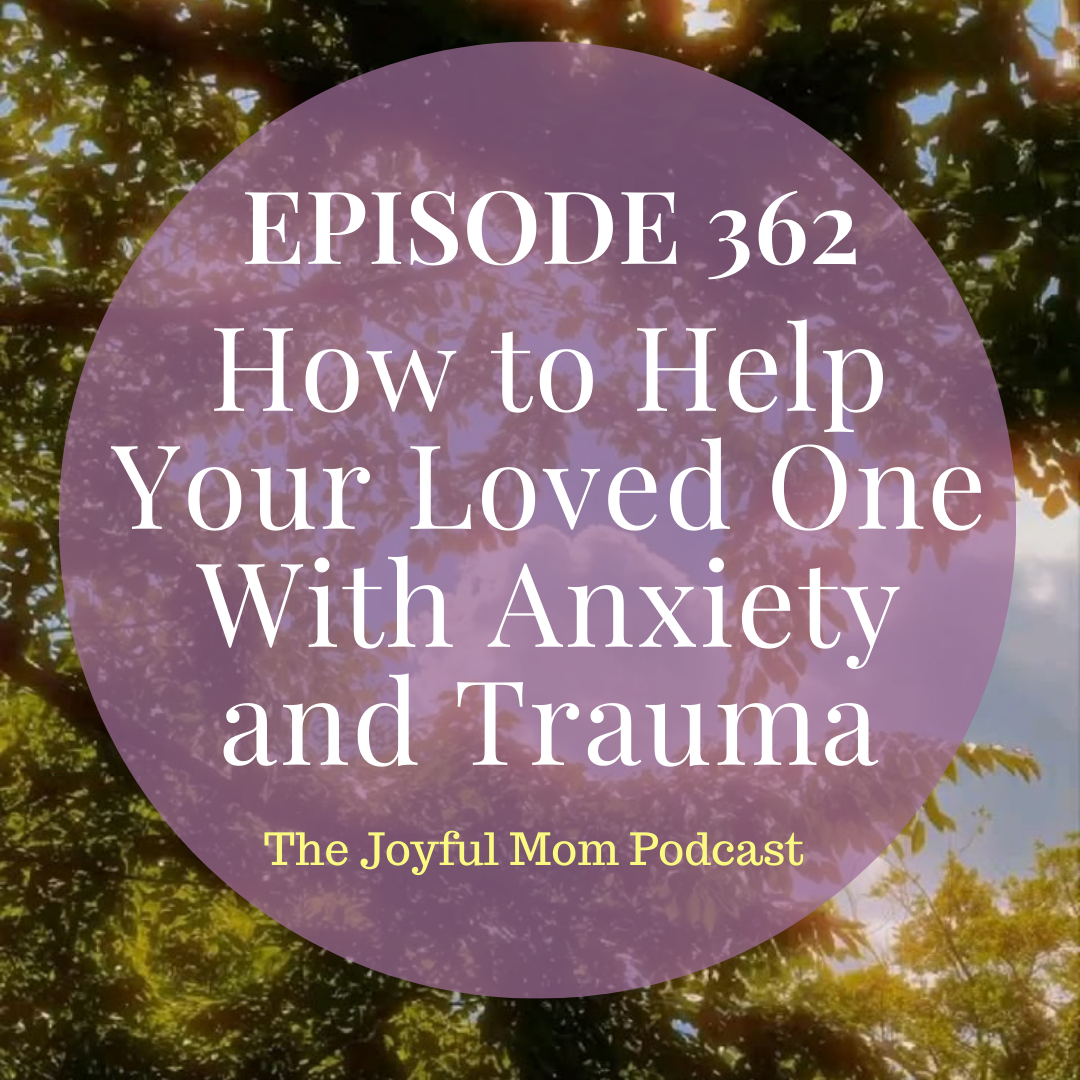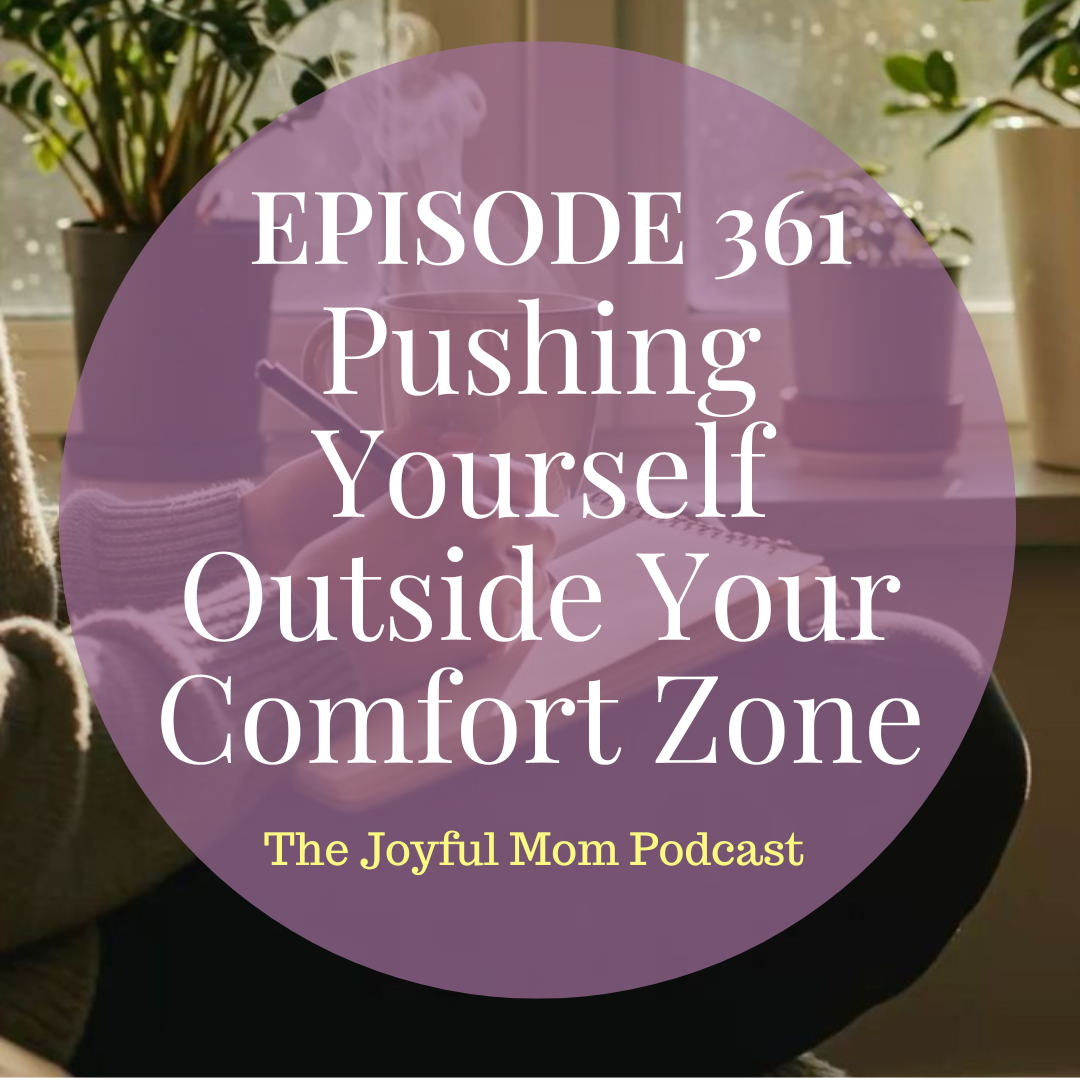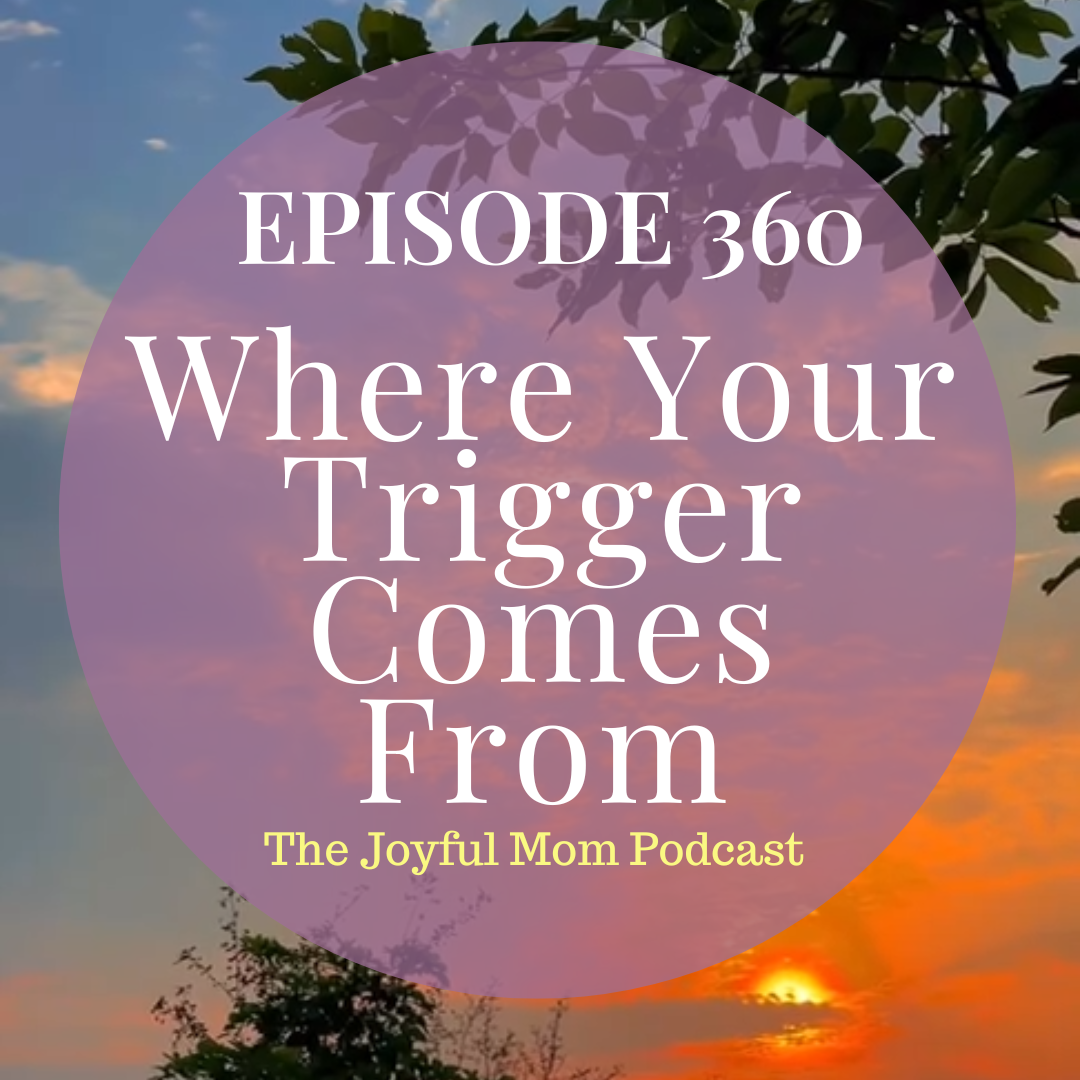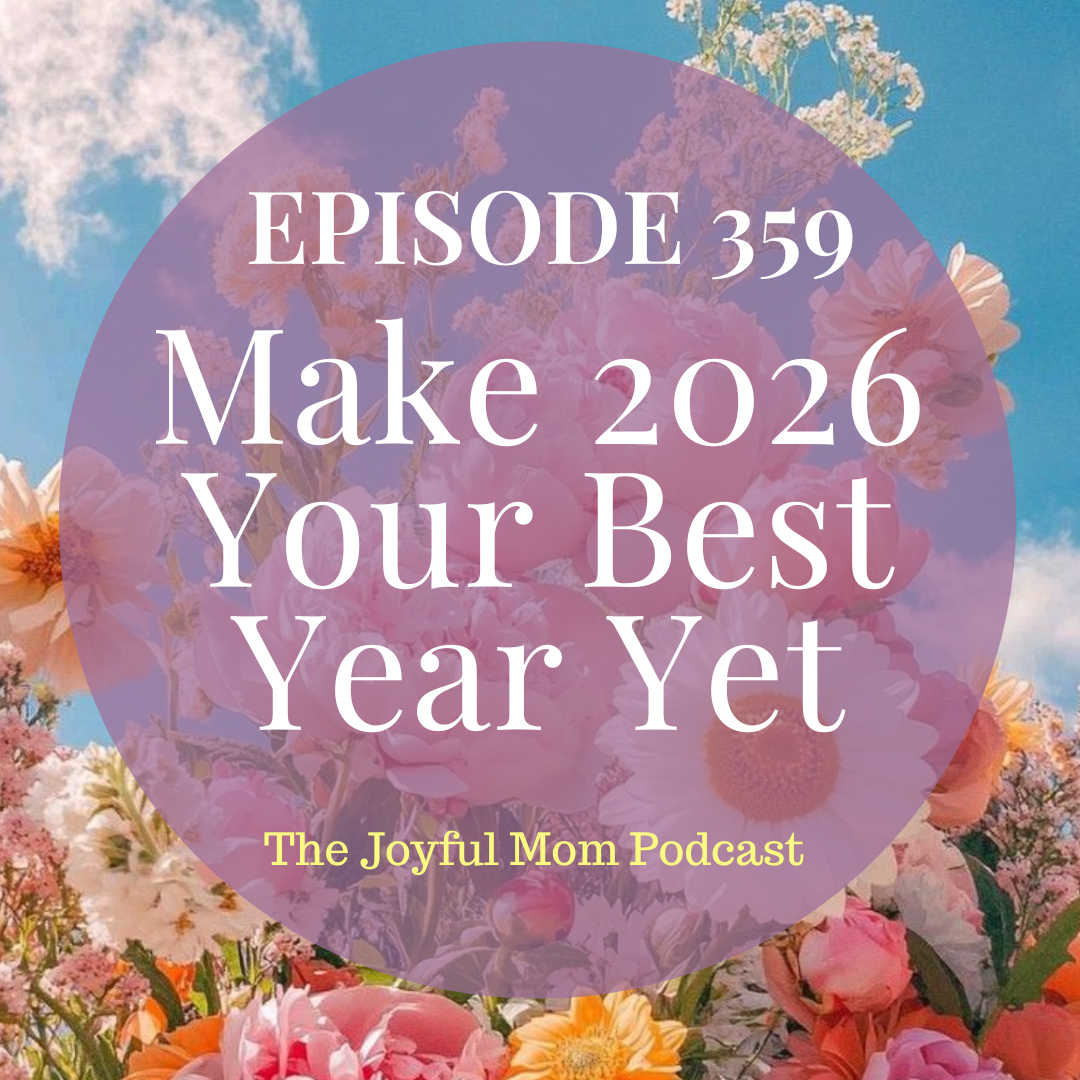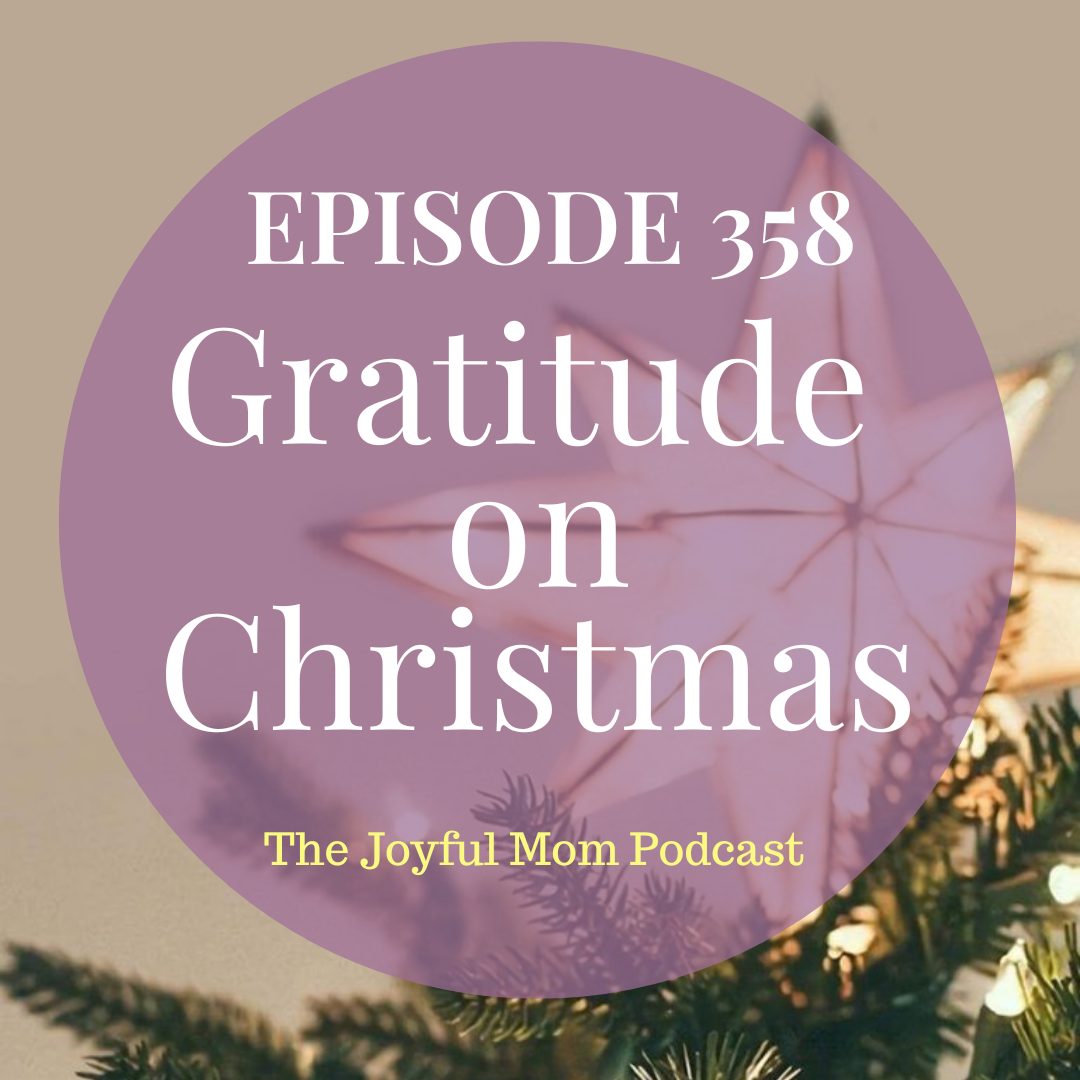346: Triggers are Your Teachers (RERUN)
Welcome to the Joyful Mom Podcast!
In this rerun episode, Megan Hillica explores the idea that "triggers are your teachers"—a powerful perspective shift for those navigating grief and trauma. She shares her personal experiences with trauma-related and grief-related triggers and explains how both can be opportunities for healing. Rather than avoiding triggers out of fear, Megan encourages listeners to get curious about them, using tools like tapping, EMDR, meditation, and coaching to process what lies beneath. She emphasizes that healing doesn’t mean forcing yourself to be exposed to pain repeatedly, but rather learning how to gently and compassionately address what your body is signaling needs attention.
Megan also highlights the deep value of both individual and group coaching in the grief journey, noting how sharing space with others can foster connection and lessen the sense of isolation. She reassures grieving moms that healing is possible—even from the most painful triggers—if they allow themselves to do the inner work. Her personal story of no longer being triggered by images of sleeping babies is a testament to how consistent healing work can free someone from emotional pain. Ultimately, she reminds listeners that they don’t have to do this alone and that with support, they can shift from just surviving to living with more peace and presence.
If you want to learn more about how you can clear anxiety more automatically by rewiring how the mind is working and processing things, go to my website www.meganhillukka.com where you can click on a link to register for my free training, where I will show you what you need in order to do this.

